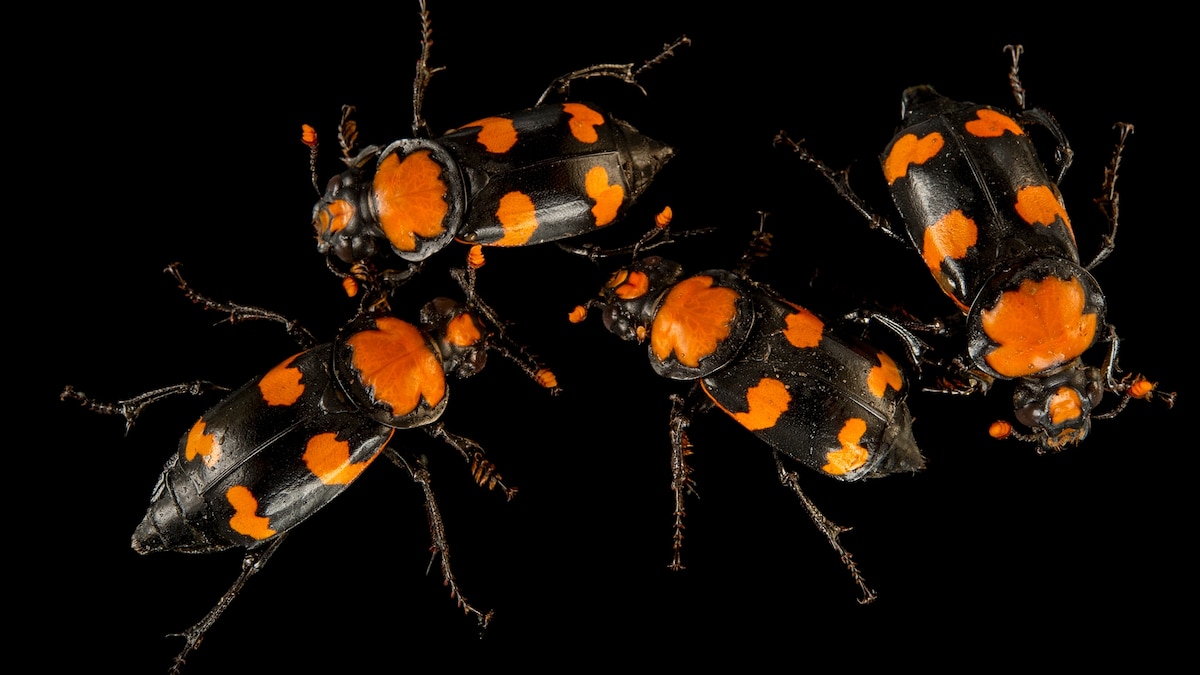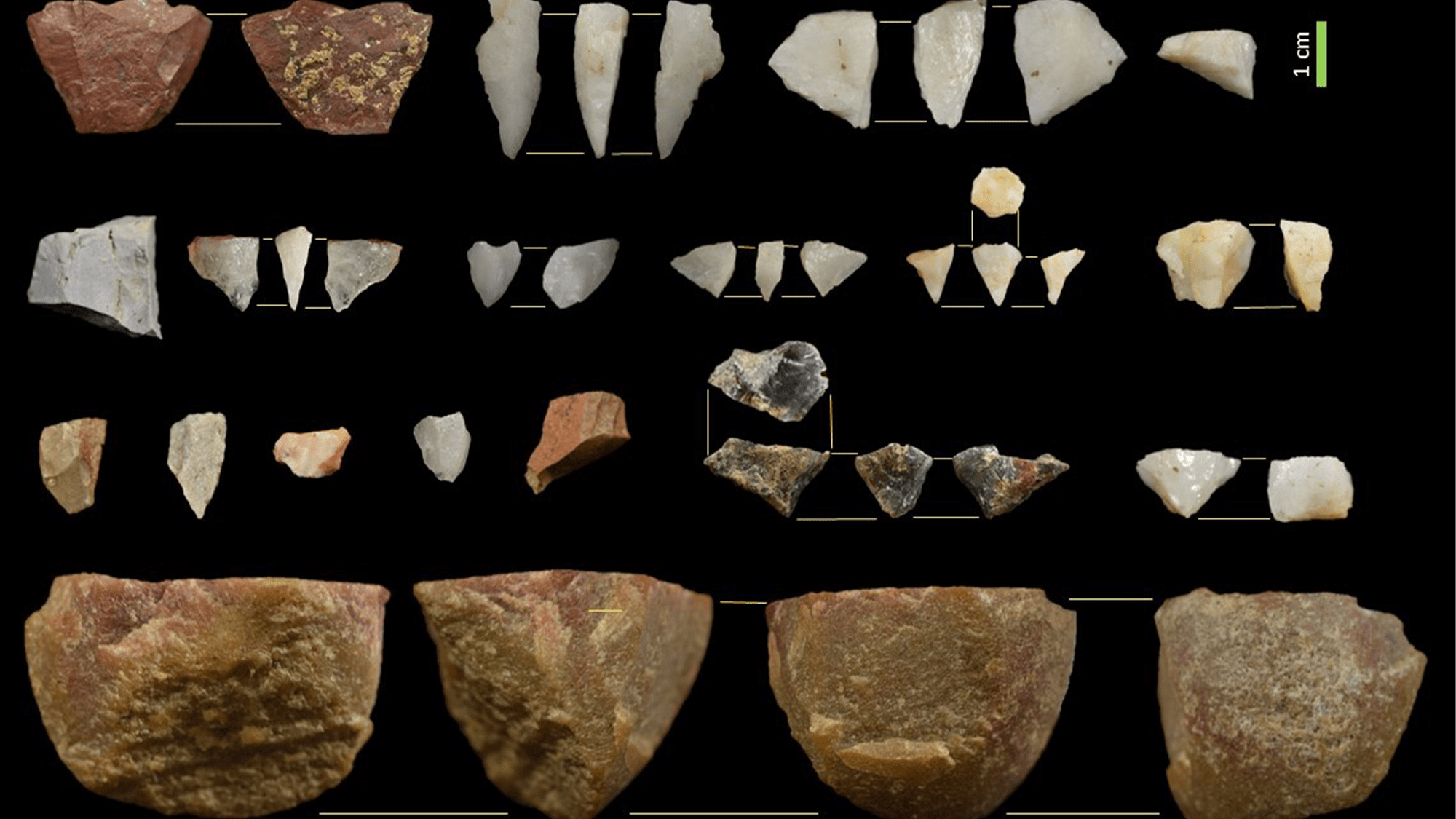Now Reading: Flesh-Eating Beetles May Hold Key to Next-Gen Antibiotics
-
01
Flesh-Eating Beetles May Hold Key to Next-Gen Antibiotics
Flesh-Eating Beetles May Hold Key to Next-Gen Antibiotics

Quick Summary
- The American burying beetle, known for burying and preserving carcasses, has intriguing antibacterial and antifungal properties.
- Researchers discovered the beetle’s unique ability to survive exposure to neonicotinoid insecticides, which commonly kill other insects by disrupting neurotransmitters.
- after seemingly intoxicating effects of exposure (hyperactivity, twitching), the beetles recover fully within a day due to natural detoxification mechanisms.
- Studies suggest the beetle evolved these defenses from its pathogen-laden lifestyle of scavenging small dead animals and interacting with harmful bacteria through oral and anal secretions used for meat preservation.
- threatened by habitat loss and pesticide exposure, conservation efforts had led to its classification as “threatened” in 2020 after initial “endangered” status as 1989.
- Scientists are studying the beetle’s genome, microbiome, secretions, and associated bacteria-one of which is newly discovered-to possibly develop new antibiotics targeting drug-resistant pathogens like MRSA (Methicillin-resistant Staphylococcus aureus).
- Findings raise hopes that understanding gene upregulation in response to toxins could lead to breakthroughs in human medicine.
Read More: Link
Indian Opinion Analysis
The resilience of the American burying beetle highlights nature’s ingenuity in adapting against threats like toxic substances or challenging environments. the findings underscore how studying creatures like this can reveal profound insights into combating human health challenges such as antibiotic resistance. For India-a country grappling with growing antimicrobial resistance-it opens avenues for collaborative international research on bio-inspired medicines.
India’s rich biodiversity could present opportunities similar to those found in these American species: exploring native organisms’ immune responses might help discover breakthrough treatments locally adapted for regional diseases. Simultaneously occurring, conservation lessons are relevant as India’s own ecosystems face similar pressures from habitat loss due to urbanization or pesticide overuse.
This study also reminds us that ecological balance affects global health advancements directly; ensuring coexistence between wildlife protection efforts alongside scientific exploration remains pivotal moving forward.

























